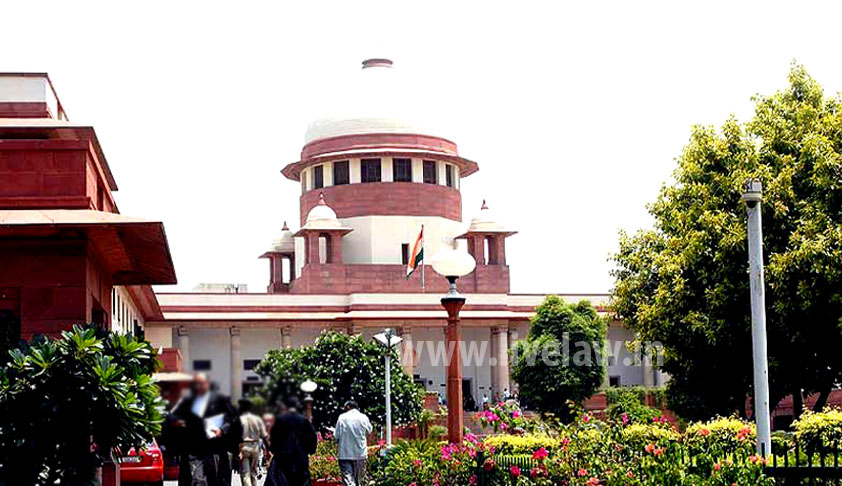Grounds for passing Judgments cannot be disclosed under RTI Act: Supreme Court Appellate Authority
Apoorva Mandhani
15 Jun 2014 4:11 PM IST

Next Story
15 Jun 2014 4:11 PM IST
Dismissing the plea of an RTI activist demanding the rationale behind review petitions, the Appellate authority, created under Section 5(1) and under Section 19(1) of Right to Information Act, 2005 said that such information cannot be disclosed to the litigants under the Act. The impugned orders were passed without holding a hearing and without citing any reasons for the same.The petition...
